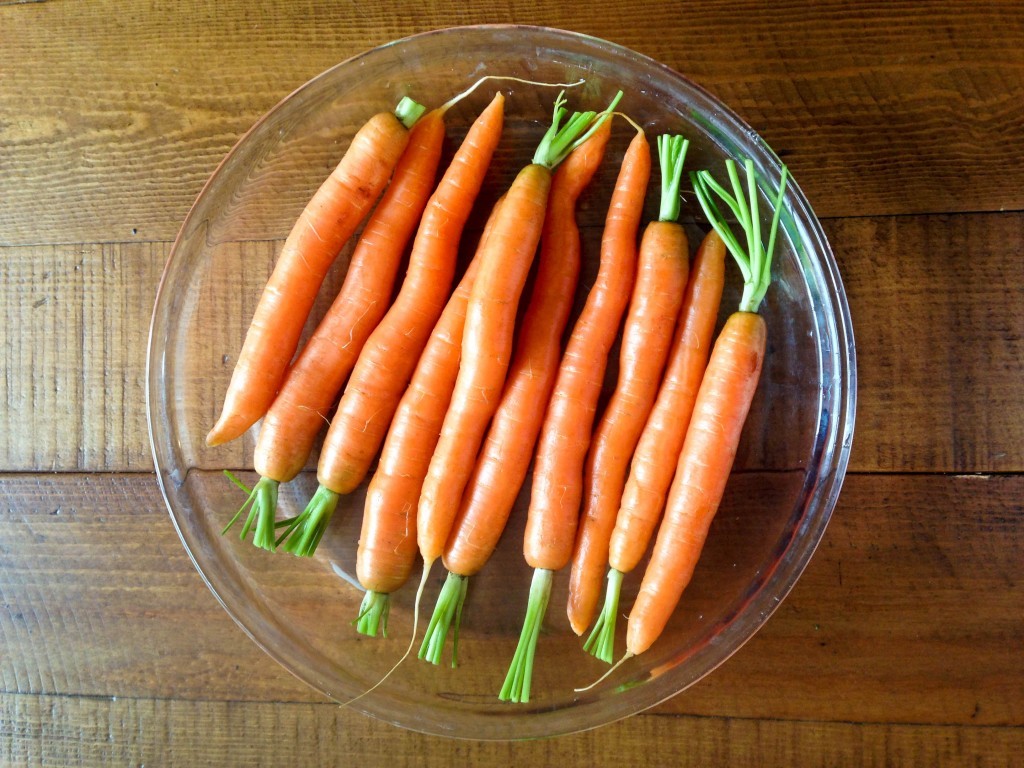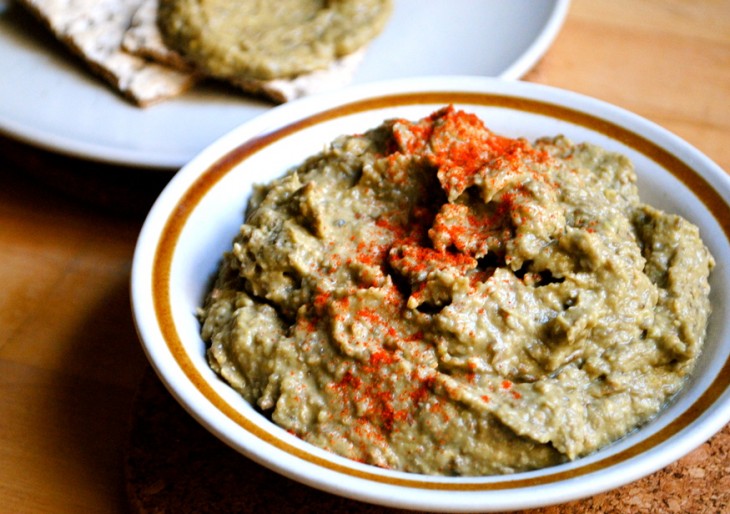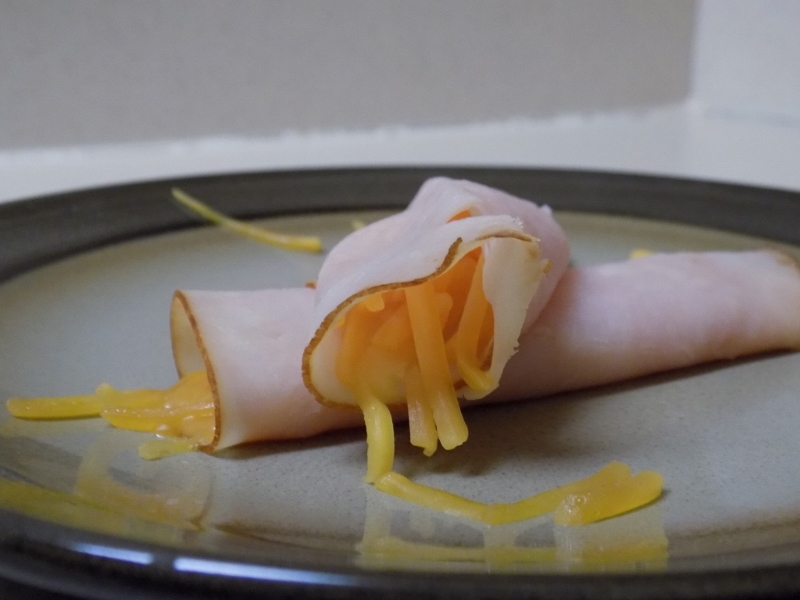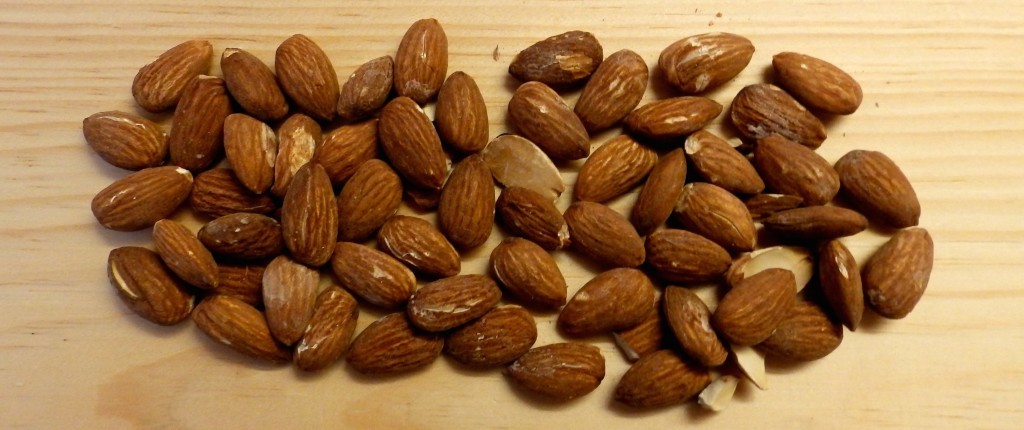As the nights become longer and the school work becomes more time-consuming, it is easy to succumb to the late-night munchies. With school work piling on, emotional eating is a real problem that many students face.
“Stress eating is a legitimate problem. You see, when I stress eat, I also binge eat, so not only am I just eating ice cream, I’m sitting down and eating an entire carton of ice cream and cookies and marshmallows,” says Michaela Vernon, a sophomore government and politics major.
Humans associate food with comfort as soon as they are fed in a mother or father’s arms, Michelle May, M.D., founder of the Am I Hungry? Mindful Eating Program in Phoenix and author of Eat What You Love, Love What You Eat has told CNN.
So how can students overcome the temptations of binge-eating fatty foods late at night? Here are some common and affordable foods you should be eating, backed by scientific evidence.
Carrots

Photo by Charlotte Hull
Carrots are a quick and easy snack that can replace your cravings for potato chips; they have the same satisfying crunch and are a still finger food that makes for easy munching.
A serving of carrots can provide more than double the daily recommended amount of vitamin A. Research has also associated carrots with a 32 percent lower risk of coronary heart disease. Who wouldn’t want that? Find a delicious way to prepare carrots here.
Hummus

Photo by Nina Lincoff
Craving a salty snack? One healthy and satisfying snack is hummus. Hummus’ main ingredient is garbanzo beans, which are “protein-, fiber-rich legumes that have been linked to health benefits,” says Sharon Palmer, a registered dietitian nutritionist in California and author of Plant-Powered for Life.
These health benefits include reducing blood clots and blood sugar, and keeping weight in check. You can pair this dip with pretzel thins to make a yummy and healthy snack. Find other ways to eat hummus here.
Yogurt Parfait with Fresh Fruit

Photo by Maggie Harriman
Yogurt parfaits give you the satisfaction of building your own cold and refreshing concoction, similar to the fun that comes along with making ice cream sundaes or froyo. Yogurt could help make you feel fuller, according to a University of Washington in Seattle study.
In the study, subjects who ate yogurt in drinkable or spoonable form reported they were less hungry than those who drank peach juice or a peach-flavored dairy drink. Make yourself a yogurt parfait to avoid the late-night binge.
Frozen Blueberries

Photo by Sarah Wu
Popping frozen blueberries into your mouth brings a satisfaction similar to handfuls of candy. Blueberries have tons of vitamins A, C and K, plus fiber, but are still low-calorie. They do have natural sugars, which are part of a balanced diet, but be careful to look out for brands of blueberries that have added sugars that will increase the calorie count. Freezing blueberries means you can make the snack more refreshing without significantly decreasing the nutritional value.
Turkey and Cheese Melt

Photo by Cara Newcomer
When you’re craving a gooey, cheesy, carby sandwich, try turning to a turkey and cheese melt. According to World’s Healthiest Foods article, “a recent study has shown that turkey — when consumed in amounts of 1 to 4 ounces per day or more — is associated with decreased risk of pancreatic cancer when it is eaten with the skin removed.”
Just roll your choice of cheese inside a slice of deli turkey and heat it for a few seconds in the microwave. This is a quick and healthy alternative to grilled cheese, cutting out the carbs from bread and introducing a higher source of protein.
Eggs

Photo by Parisa Soraya
Eggs are cheap, easy and versatile. They also contain many health benefits, like the presence of protein. Because of eggs’ high protein content, scientists have concluded that eggs can help in the development of stronger muscles and reducing hunger.
Eggs are also rich in vitamins like vitamin A, vitamin B12 and selenium, which are all vital for a healthy immune system. Some people are hesitant to eat eggs because of their perceived impact on cholesterol, however, scientists have concluded that because “eggs are low in saturated fats, the effect that they have on blood cholesterol is deemed to be clinically insignificant.”
Eggs can be served in many different ways and adding vegetables or meats can help to create an even more nutrient-rich snack. Find different ways you can add eggs to your meals here.
Almonds

Photo by Davana Bolton
Almonds are a snack that requires little preparation and carries many health benefits, plus they’re a large source of antioxidants and can help lower blood cholesterol. In a 2014 study, scientists found that almonds can keep blood vessels healthy and reduce blood pressure.
Almonds also contain vitamin E, which helps prevent arteries from clogging. Crushed almonds can also be used as a topping for other foods like yogurts and salads. Try this recipe to add a satisfying crunch to your dinner.
Try these snacks that are proven to have health benefits and maybe you’ll feel a little less guilty about that midnight binge.


